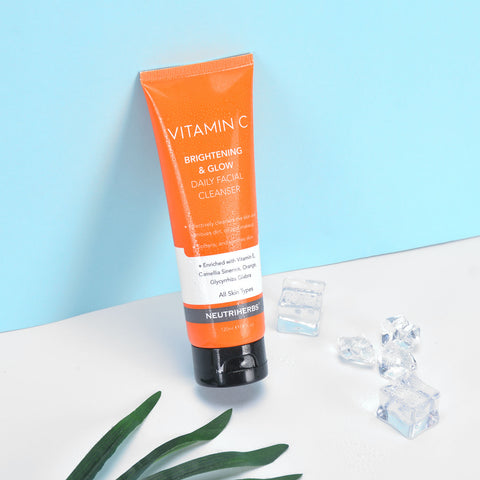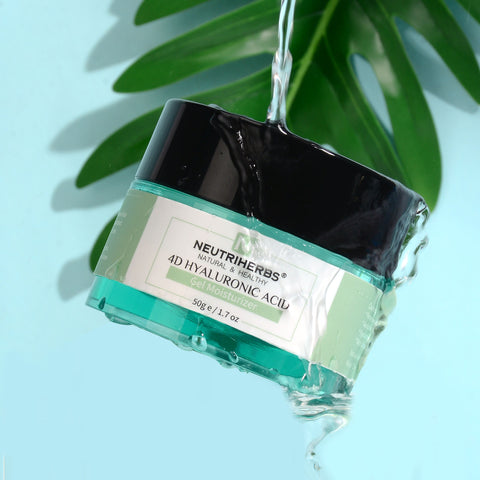The skin barrier should be able to be repaired in two to four weeks if the causes of the damage are removed and the appropriate products are purchased. Some people may even find it faster. The skin is incredible. It fights external stress factors and responds quickly to good care.
Reduce your peeling
We're fans of peeling, but it's easy to overdo it! With the rise in popularity of products designed to remove dead skin cells (read: exfoliation), many people, knowingly or unknowingly, use exfoliating products daily. If you exfoliate too often, you remove your skin's protective barrier. This starts an inflammatory cascade that accelerates the ageing process and makes skin feel tight and dry. Not good!
Common scrubs are:
- Cleansers
- Acid-based serums, creams, scrubs, pads and liquid toners containing ingredients such as glycolic, lactic, salicylic, malic, mandelic and polyhydroxy acids
- Enzyme-based masks and scrubs
- facial scrubs
- Washcloth
If you're trying to repair your Skincare barrier, we suggest putting aside all exfoliating products for two weeks and then slowly starting again once the skin feels good. When you reintroduce exfoliation into your routine, instead of using it daily, use it 3-4 times a week, depending on your skin type.
Use a quality cleanser to wash your face
If you're looking to repair a damaged skin barrier, consider switching from a foaming cleanser (even if it's gentle and sulphate-free) to a cleansing lotion or oil, as they're milder.
Choose your cream carefully
Creams help repair your skin's barrier when it is damaged. However, you must look for specific ingredients that mimic the natural lipids in your skin. Just because a cream feels rich and greasy on the skin doesn't necessarily mean it will offer repair.
The following ingredients repair a damaged skin barrier:
- borage oil
- ceramides
- evening primrose oil
- niacinamide
- Caprylic / Capric Triglyceride
- Linoleic acid / linolenic acid (this is not an exfoliating acid)
- phospholipids
- squalane
- phytosterols
- shea butter
- sunflower oil
- soybean oil
- Jojoba oil
- Sweet Almond Oil
- rapeseed oil
- sesame oil
Note: You may see some of the above ingredients and think heavy, greasy cream is required. This is not the case at all. A cream can use these ingredients in a lightweight formula without clogging pores. It relies on the procedure's oil-to-water ratio and the percentages that were used.
Give your skin plenty of moisture. Say "water"
All skin types need both water and oil. Especially if you want to repair your skin's protective barrier, it makes the most sense to penetrate deep into the cell membrane.
Finally…
There have been many incredible advances in skin care over the last twenty years, and there is no reason to suffer from tight, dry and irritated skin. Maintaining healthy skin is not difficult if you use the proper products in combination for your skin type. With your skin still intact, we wish you much happiness.





